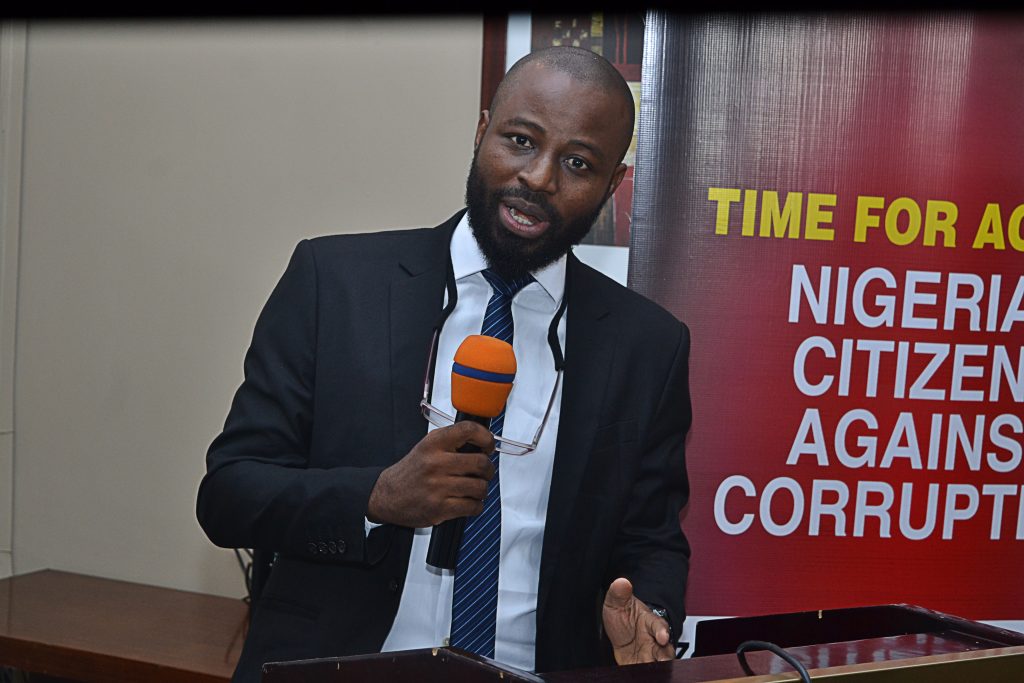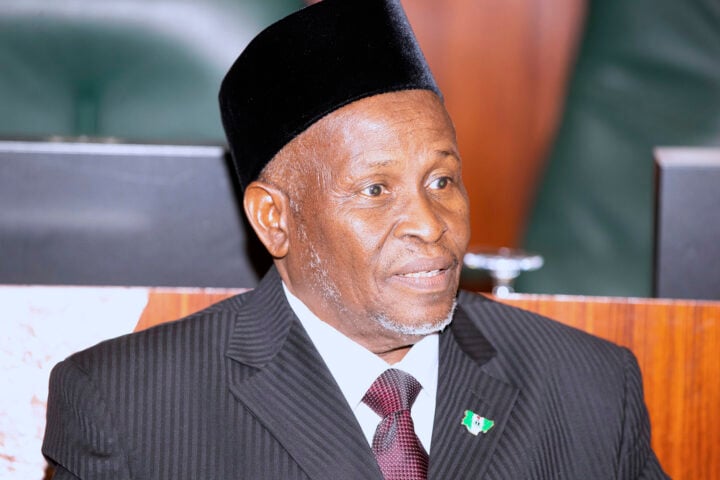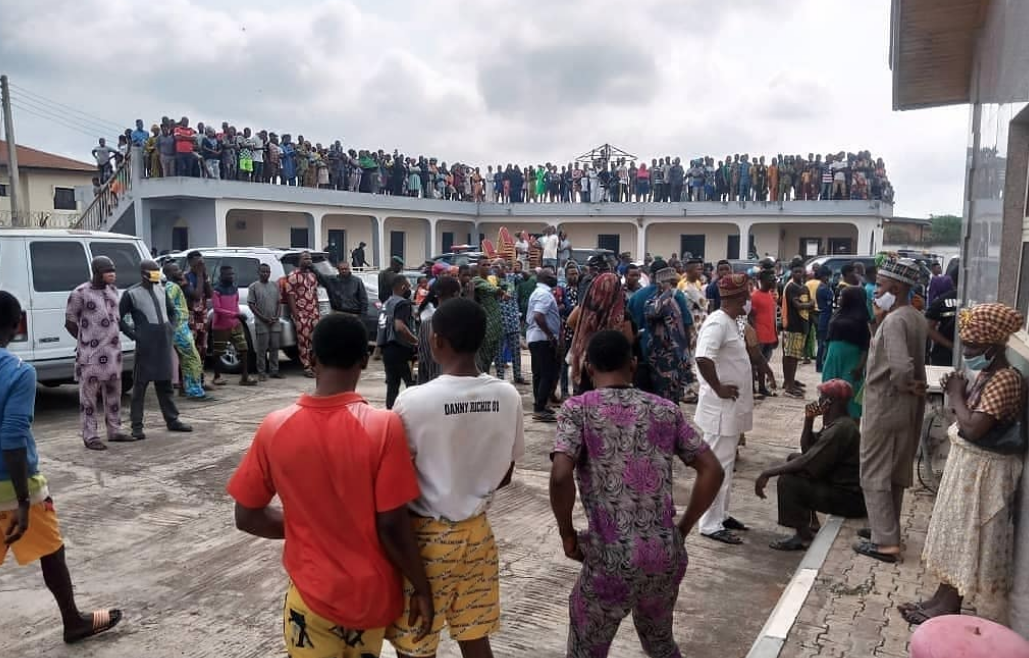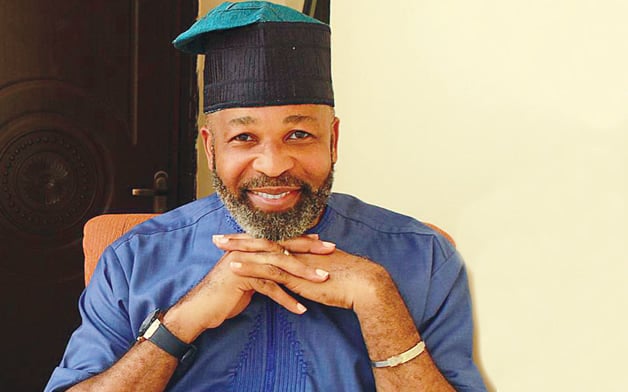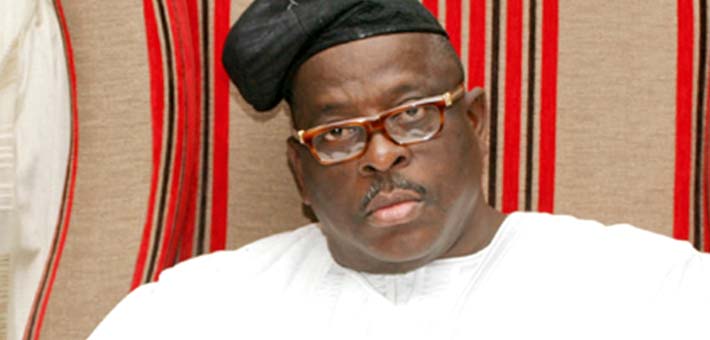Socio-Economic Rights and Accountability Project (SERAP) has asked the World Bank to ensure that the federal and state governments are transparent and accountable to Nigerians in how they spend the $114.28m COVID-19 funds recently approved.
In a statement on Friday, the bank disclosed that it had approved $114.28 million for states in Nigeria to boost their capacity for COVID-19 response.
The intervention constitutes $100 million credit from the International Development Association (IDA) and $14.28 million grant from the Pandemic Emergency Financing Facility (PEF).
The $100 million credit with project ID number: P173980, is due to be paid back over 30 years, with an additional five-year moratorium.
Advertisement
In an open letter to David Malpass, the World Bank president, issued on Saturday, Kolawole Oluwadare, SERAP deputy director, said it is the responsibility of the bank to mount pressure on Nigerian authorities to commit to being transparent on how the funds are spent in other to prevent mismanagement.
“Put pressure on authorities and the 36 state governors to accept voluntary scrutiny by Nigerians and civil society regarding the spending of the funds and use of the resources, including on how they will spend the money to buy medical equipment, and improve access to clean water, sanitation and hygiene,” Oluwadare said.
“The bank should tread carefully in the disbursement of funds or distribution of resources to states if it is to reduce vulnerability to corruption and mismanagement.
Advertisement
“The money and resources may be stolen, diverted or mismanaged by state governors without effective transparency and accountability mechanisms.”
“The bank’s power to provide credits and grants is coupled with a fiduciary responsibility to ensure that governments spending such funds meet international standards of transparency and accountability, including those entrenched in the UN convention against corruption to which Nigeria is a state party.
“The World Bank should make clear to all the governors that it will cancel the credit and grant should they renege on their transparency and accountability commitments to spend the money and use the resources exclusively for COVID-19 related projects, and not to steal, divert or mismanage them.”
Oluwadare also asked the World Bank to “consider the level of corruption within each state as well as insist on accessing information on how governors are spending security votes and the amounts of public funds states are allocating to pay former governors life pensions, among others, before approving any credits and grants”.
Advertisement
He asked the bank to “disclose and widely publish the terms and conditions of the credit and grant, and the exact amount repayable by Nigeria in 30 years’ time, including the details of the interest, if any; and the consequences of Nigeria defaulting”.
“Ask President Muhammadu Buhari to instruct the Economic and Financial Crimes Commission (EFCC) and the Independent Corrupt Practices and Other Related Offences Commission (ICPC) to jointly track and monitor spending of the credit and grant by state governments,” he said.
“Ask state governments to allow the media to freely report on their spending of the funds and use of the resources, and not to clamp down on journalists and the media in the exercise of their constitutional responsibilities to expose corruption and hold governments to account.
“Ask state governments to explicitly commit to encouraging and protecting whistle-blowers as a way of ensuring that the funds and resources are not stolen, diverted or mismanaged.
Advertisement
“Clarify if, to the bank’s knowledge and information, the credit and grant have been approved by Nigeria’s national assembly pursuant to its constitutional duties, including its oversight functions under Section 88 of the 1999 constitution (as amended).
“Ensure increased transparency of sanctions and terms and conditions of the credit and grant to each state to enable Nigerians to ask questions as to the spending of the money and use of the resources from their state governments.’
Advertisement
“Implementing these recommendations would prevent a repeat of alleged diversion and mismanagement of recovered Abacha loot disbursed by the federal government to state governments.”
Advertisement
Add a comment
